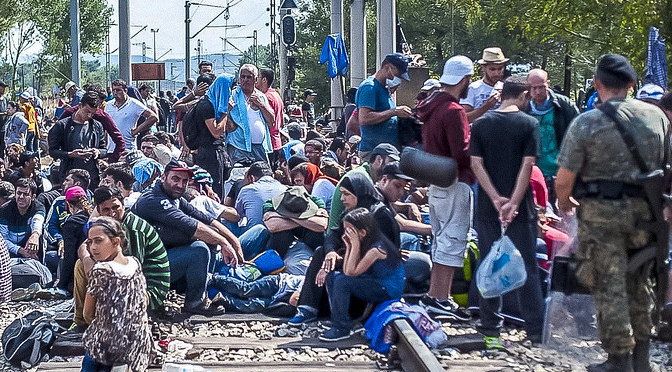While the international community generally considers mass migrant population flows across nation-states a primarily humanitarian crisis, Aaron Petty argues that it is often an intentional tool of aggression used by nation-states. The weaponization of migrants is the instrumentalization of population flows through both the threat and the actual migration of people into the territory of… Continue reading Migrants as a Weapons System
Tag: Human Rights
Effective Oversight of Large-Scale Surveillance Activities: A Human Rights Perspective
Daragh Murray, Pete Fussey, Lorna McGregor, and Maurice Sunkin explore the international human rights law implications of state surveillance. Today, state surveillance involves the large-scale collection and analysis of digital data—activities which allow for widespread monitoring of citizens. And while commentary on the legality of these bulk surveillance regimes has focused on whether this routine… Continue reading Effective Oversight of Large-Scale Surveillance Activities: A Human Rights Perspective
Advancing Accurate & Objective Cybercrime Metrics
Cybercrime has increased dramatically in this century. Although there is broad academic consensus that a dearth of official data on crimes committed in cyberspace hampers cybercrime enforcement efforts, even the most affluent nations have not yet managed to systematically catalogue cybercrime statistics. Through a detailed analysis of efforts to keep track of this ever-evolving area… Continue reading Advancing Accurate & Objective Cybercrime Metrics



